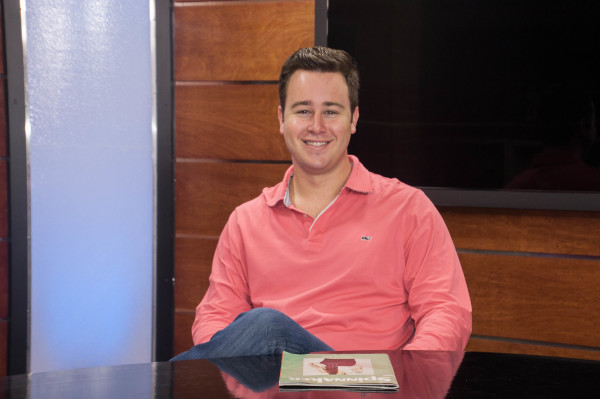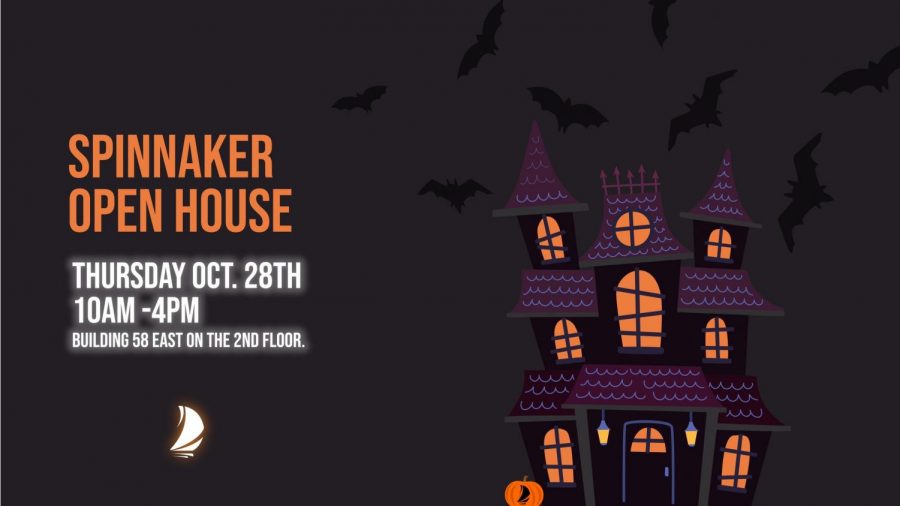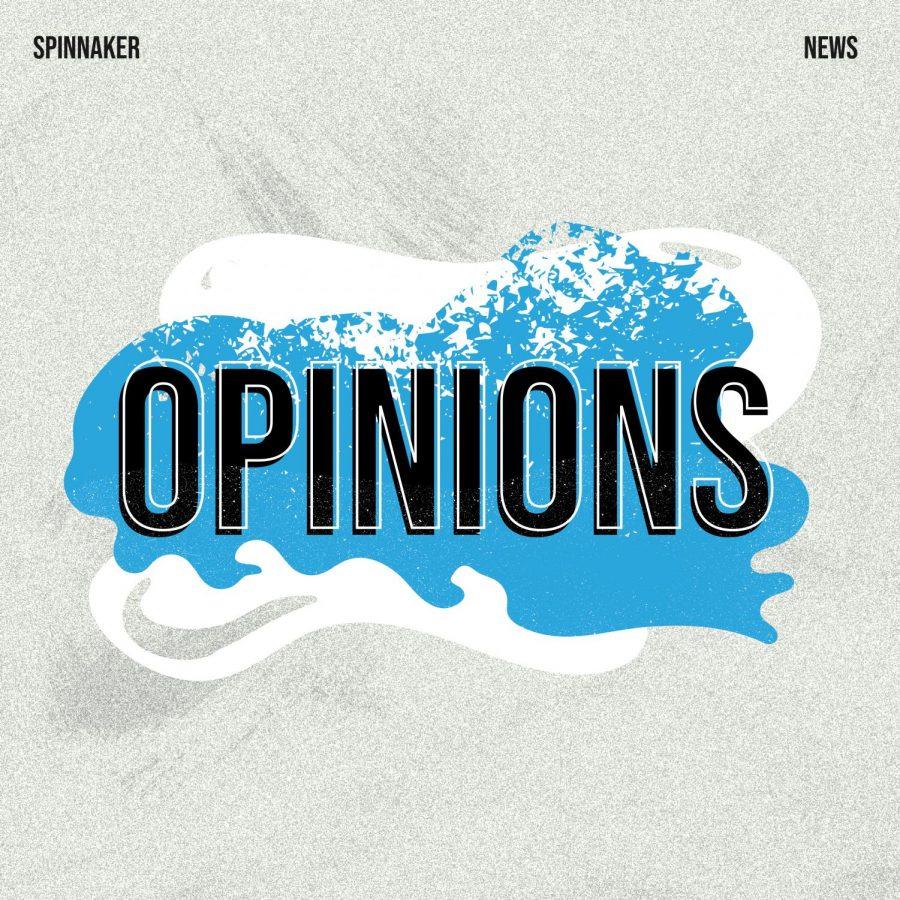
My name is Connor Spielmaker, and I’m the Managing Editor of the UNF Spinnaker. This is a role I take very seriously, with an organization that takes itself very seriously. How come? We’re just a college club that writes stories about Student Government and kids getting arrested for smoking pot, right? Well, you’re not entirely off-base. However, what goes on in our newsroom is vastly more engaged than just poking around campus. If you’ve ever interacted with a reporter at the Spinnaker, you know they identify as reporters or journalists, not student reporters or student journalists. We cover the University of North Florida – and we do it for you.
There’s been a few stories under my direction that have begged much conversation and many questions from you, our audience, and I wanted to write you and provide some background.
On naming people
Paraphrased, Spinnaker’s policy on naming individuals that are accused of a crime, or involved in something of that nature, is to name under one of two conditions. The first one involves the level of crime. We name individuals that have been arrested for allegedly committing a felony of any degree. In most circumstances, we will not name people arrested for allegedly committing a misdemeanor, though this depends on the crime and also who they are. The second qualification to release a name is whether or not that person would be considered a public figure. A public figure is someone that is recognizable because of who they are (celebrities) or because they represent a public interest (elected officials, people running for office, law enforcement, etc.) So, here on campus, if you are running for office, hold an office, drive a police car, and/or make decisions for the University, you are a public figure and are held to a higher standard. It is in the public’s interest to know what you are doing, and what mistakes you are potentially making.
By Florida law, police departments are prohibited from releasing information that would identify certain victims of crime. This includes minors and alleged victims of sexual assault. The Spinnaker, even if it could receive this information, would most likely not publish it because of the sensitivity of such crimes.
All of that said, almost everything that shows up in a crime news article comes from police reports, which are publicly available to anyone who asks for them, and contain names, phone numbers, addresses, etc.
On professionalism
The Spinnaker is a non-profit, student-run, news organization. Yes, we sell advertisements and sponsorships to help afford the costs of running the operation (buying notepads, computers, printing magazines, hosting a website, paying stipends, etc.) However, I do not get paid per click, or share, or like. My stipend when I run a 10,000+ viewed-story is the same as when one person clicks. The Spinnaker frequently exercises restraint to avoid sensationalism, or even the appearance of it, because we’re also pretty fed up with the sensationalism and endless commentary that plagues our industry today. We are the next generation of broadcasters, reporters, photographers, publishers, and anchors that will bring you the news, and we always strive to do it right.
And, to give a shout-out to my predecessors and the people that I currently work with, we do it well. The Spinnaker is an award-winning news organization. Our students and operation are considered cutting-edge in the college media sphere. We have had students seated at the tables of multiple boards of directors that facilitate and represent college media interests for North America. We earn these awards because we take our responsibility as a news organization seriously.
On getting it right
The Spinnaker will always reach out to get all sides of every story. If you see a “no comment” at the bottom of a story, that’s because we spoke to the subject and they did not want to talk about it. Giving the opportunity for comment allows someone to tell their side, and defend their actions if necessary. We do our best to convey every side, but that is not always possible when we are not given all of the information. We also only report fact, and attribute it. Our newsroom is not in the business of gossip, commentary, or taking guesses. We work hard to ensure we are fair and accurate.
On why we do it
We care. From the hours sitting in the back of senate chambers, to the late nights writing up the latest basketball win, to taking the awesome image that captured the emotion of a moment that changed a life, to pouring over police reports and scouring through court records, to telling you who’s headlining the next OP concert. We volunteer our time 24/7/365 to bring you the news so that we can be informed about the campus around us. Yes, us. Because we are students here too, and we take pride in our home as well. Which at the end of the day is why we come to campus asking those questions and reporting the news.
Students make mistakes, I understand. We have always protected those students that get busted for a little pot or an open container in the dorms, making those typical college mistakes. However, not everything that comes across our news desk is that easy. Sometimes there is information vital for you to know to make informed decisions and walk safely and proudly amongst our ‘nest.’
There is a quote from Tom Brokaw that reads, “It’s easy to make a buck. It’s a lot tougher to make a difference.” We are not interested in generating clicks for nothing. We want to empower the student body and University community at large to make this place, our University, home.
See you in class.
-Connor
—
For more information or news tips, or if you see an error in this story or have any compliments or concerns, contact digital@unfspinnaker.com.












John Pasmat | Feb 26, 2016 at 12:31 pm
You’re a dumbass